MiPo virtual assistant was officially launched on November 15, a tool to help improve work efficiency and customer service quality for postal staff across the network.
Vietnam Post Corporation - Vietnam Post, a postal enterprise under the Ministry of Information and Communications, has just officially launched the virtual assistant MiPo. This is the first artificial intelligence - AI application system built and owned by Vietnam Post.
Supporting postal staff in serving customers, solving daily tasks and optimizing work productivity is the goal of Vietnam Post when developing and putting into use the MiPo virtual assistant.
MiPo works like a chatbot. To use it, postal workers across the network simply visit the MiPo website, select a topic or ask a question related to the service areas.
The system will then quickly provide information, with an estimated time of less than 5 seconds per question.
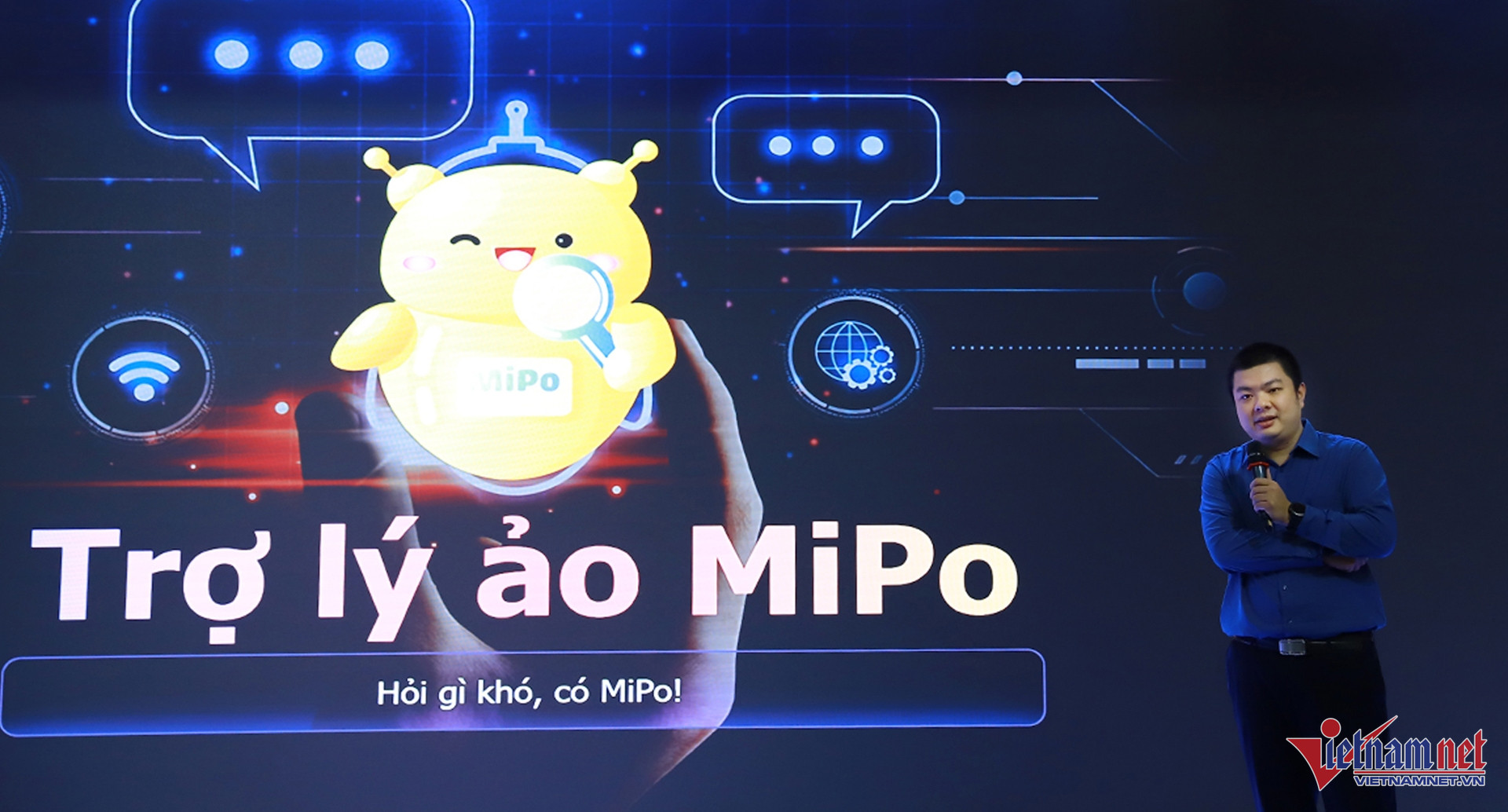
Informing VietNamNet reporters, a representative of the development team said that the content of feedback information from the virtual assistant MiPo covers most of the areas of operation of Vietnam Post from products, services, policies, mechanisms, commission fees, implementation processes, business regulations...
Depending on the content of the question, the virtual assistant MiPo will respond in appropriate forms of response such as quotes from documents, regulations, instructions; forms; videos, images...
In addition, MiPo also provides interactive features that show users' satisfaction or dissatisfaction with the usefulness of the answer.
In case the answer does not resolve the question, users can use the “Suggestions” feature to add information or suggest improvements.
Through the ability to self-learn from data in questions and interactions with users, virtual assistant MiPo will become more and more complete, suitable and better meet actual needs.
In addition to supporting employees in the process of serving customers, with the virtual assistant MiPo, Vietnam Post also hopes to promote the process of self-learning, self-improvement, and self-improvement of personnel across the network.
Specifically, with diverse digitalized content and continuously updated information from the MiPo knowledge base, postal workers in remote communes with difficult travel conditions can also self-study and improve their professional capacity.
This will help postal staff be more confident in consulting, sharing, and answering customer questions.
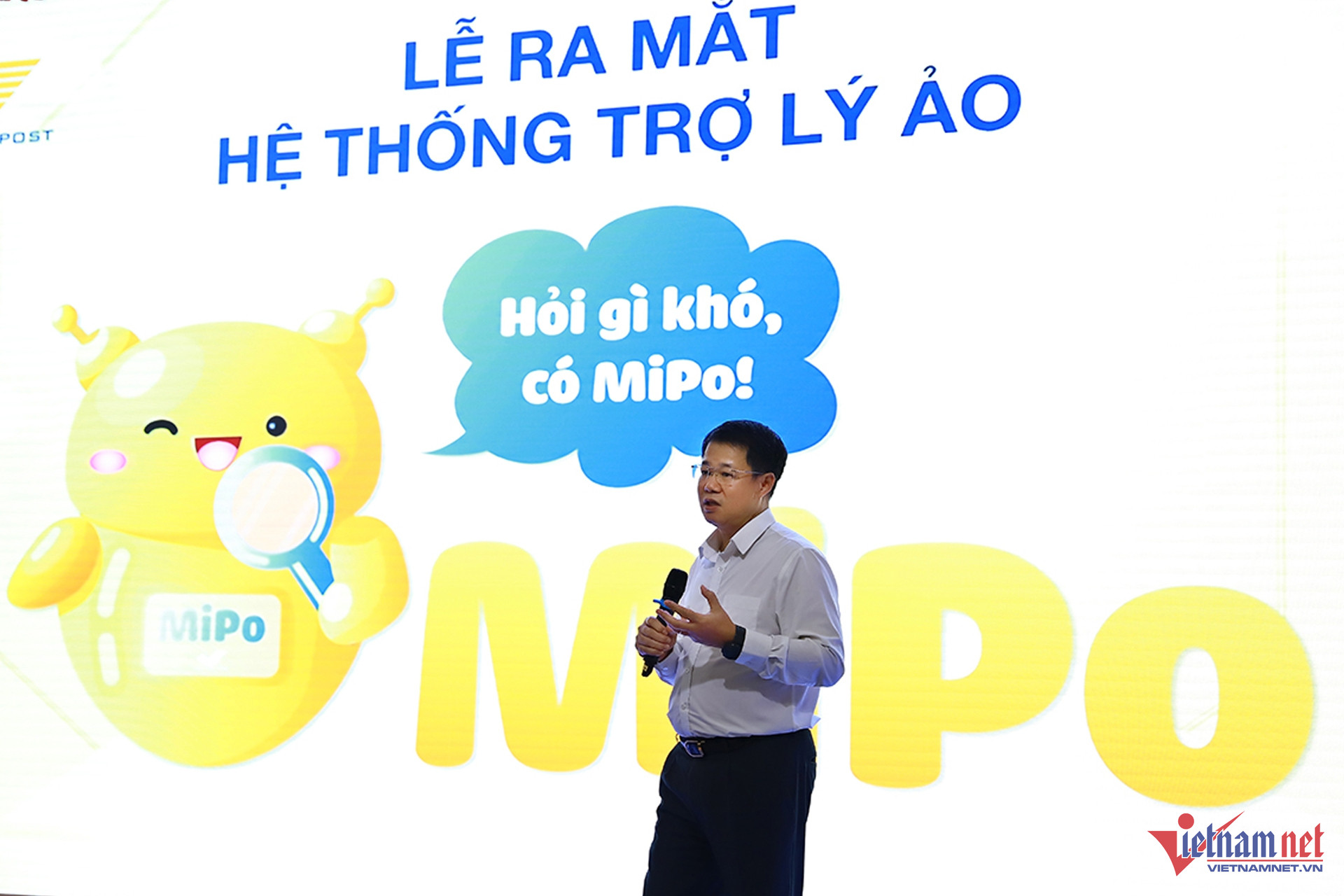
According to Mr. Nguyen Truong Giang, Head of the Board of Members of Vietnam Post, MiPo was born from the orientation of the Ministry of Information and Communications on applying virtual assistants to professional activities; at the same time, it plays the role of a knowledge system of enterprises, with high accumulation, inheritance, and selection, and provides users with accurate, timely, and complete information sources.
“MiPo virtual assistant is the first step on the journey to realize the plan to bring artificial intelligence into all aspects of production and business of Vietnam Post. MiPo is developed according to the trend of applying AI in a narrow field and is a testament to the fact that Vietnam Post is increasingly proactive in grasping and applying advanced technologies to bring value and good experiences to employees, partners and customers,” Mr. Nguyen Truong Giang shared.
According to the plan, in the first phase, the MiPo virtual assistant will support basic content for tellers, post office staff, especially postal and cultural staff.
In the coming time, MiPo will continue to be improved to expand the implementation of supporting customers in looking up and searching for information about postal items; integrating into the switchboard system to deploy automatic calls; participating in supporting the prediction of postal item volume in transportation exploitation, calculating optimal collection/delivery routes and supporting postmen in completing orders.
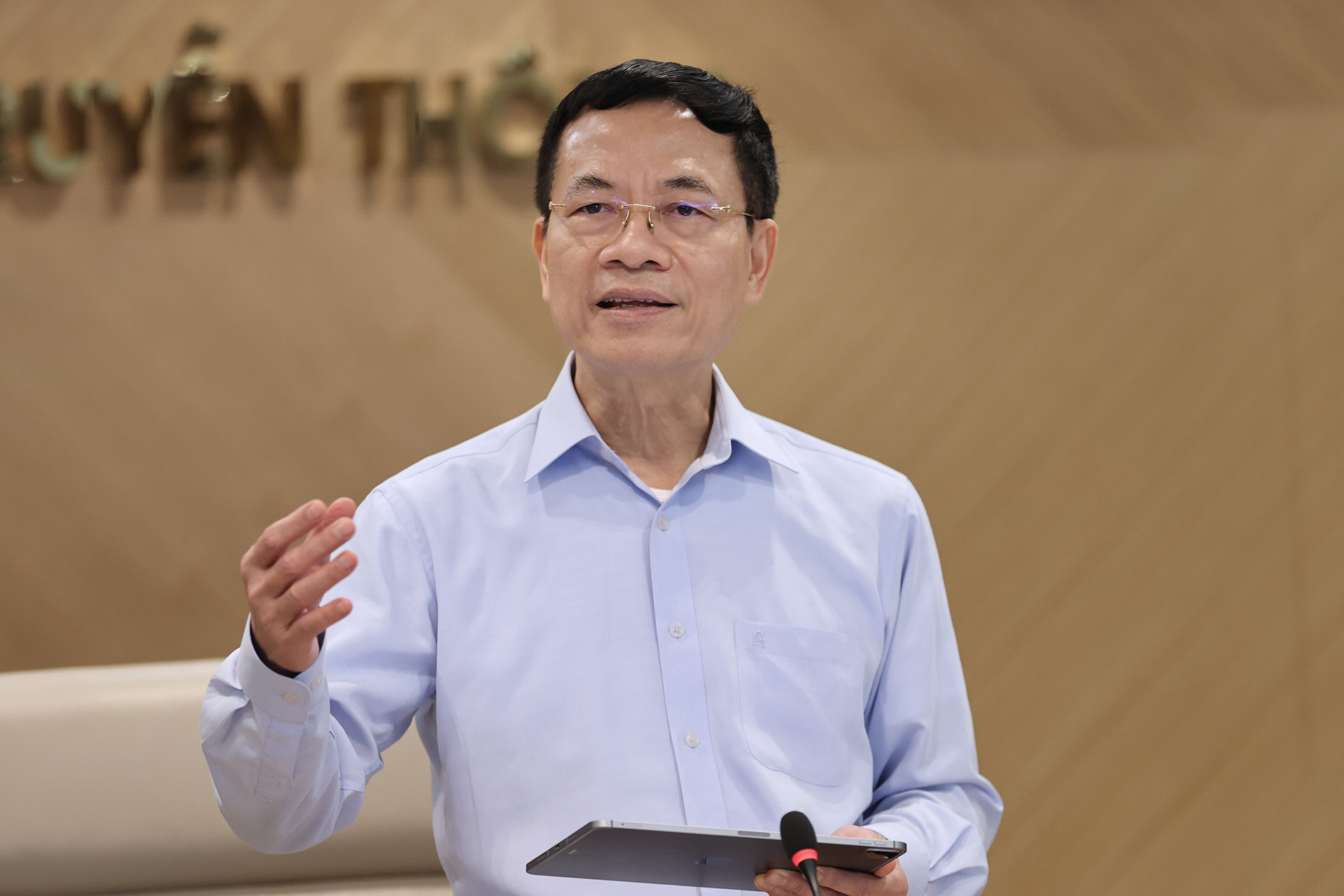
Source: https://vietnamnet.vn/nhan-vien-buu-dien-tren-toan-quoc-co-tro-ly-ao-mipo-ho-tro-cong-viec-2342677.html


![[Photo] Young people line up to receive the special supplement commemorating the 50th anniversary of the Liberation of the South of Nhan Dan Newspaper](https://vstatic.vietnam.vn/vietnam/resource/IMAGE/2025/4/26/9e7e624ae81643eba5f3cdc232cd07a5)
![[Photo] Readers' joy when receiving the supplement commemorating the 50th anniversary of the liberation of the South and national reunification of Nhan Dan Newspaper](https://vstatic.vietnam.vn/vietnam/resource/IMAGE/2025/4/26/283e56713da94988bf608393c0165723)
![[Photo] Ho Chi Minh City people's affection for the parade](https://vstatic.vietnam.vn/vietnam/resource/IMAGE/2025/4/26/7fcb6bcae98e46fba1ca063dc570e7e5)
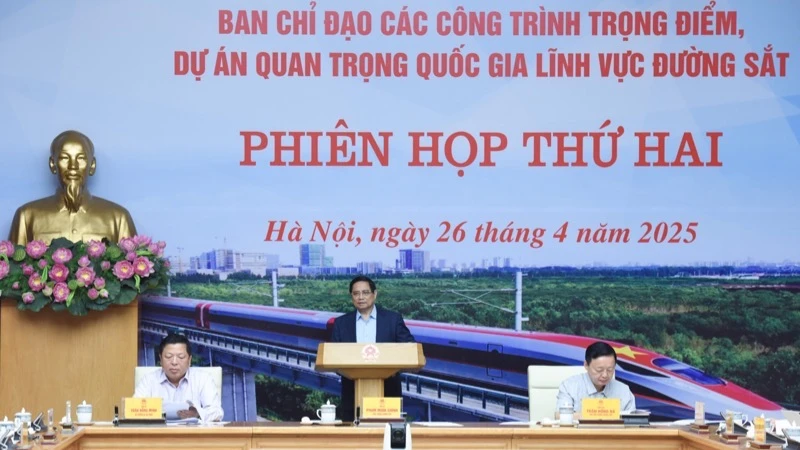
![[Photo] Prime Minister Pham Minh Chinh chairs meeting of Steering Committee for key projects and railway projects](https://vstatic.vietnam.vn/vietnam/resource/IMAGE/2025/4/26/b9534596258a40a29ebd8edcdbd666ab)







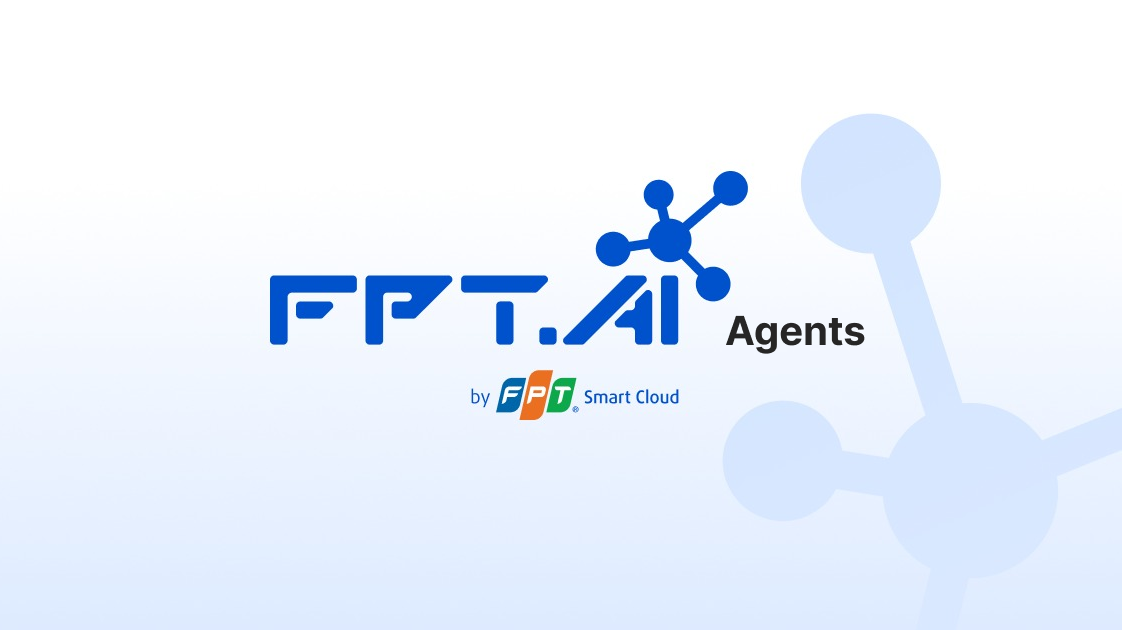
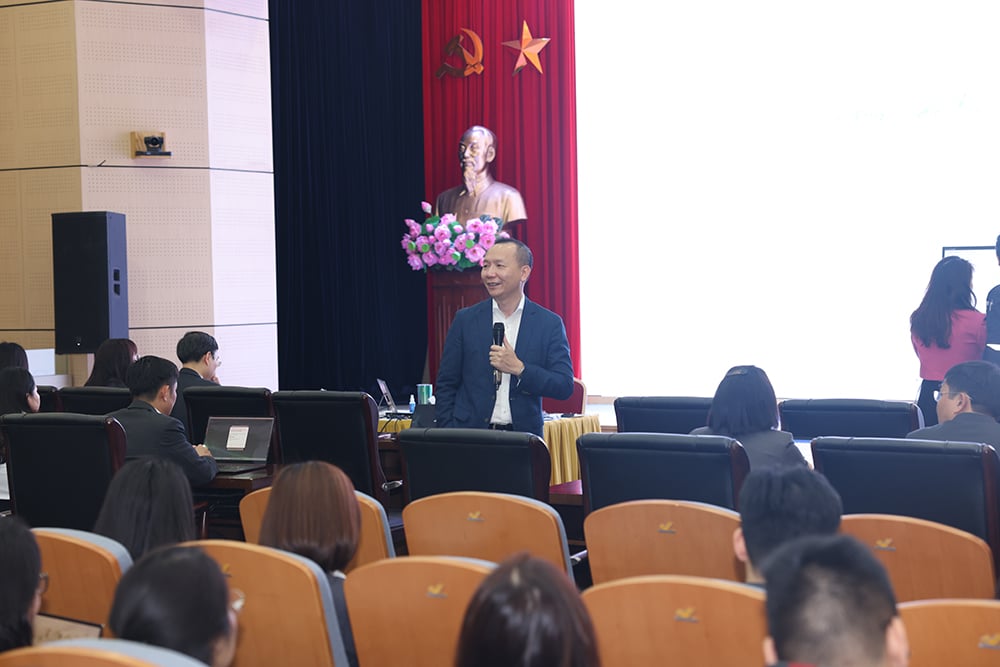
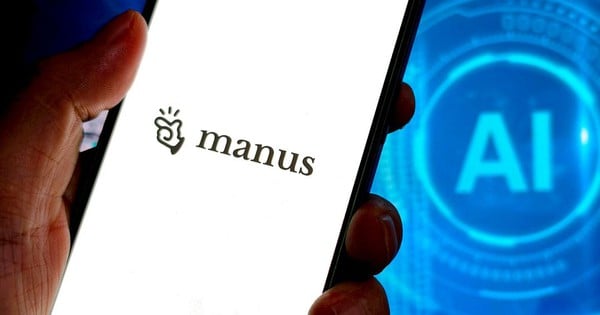

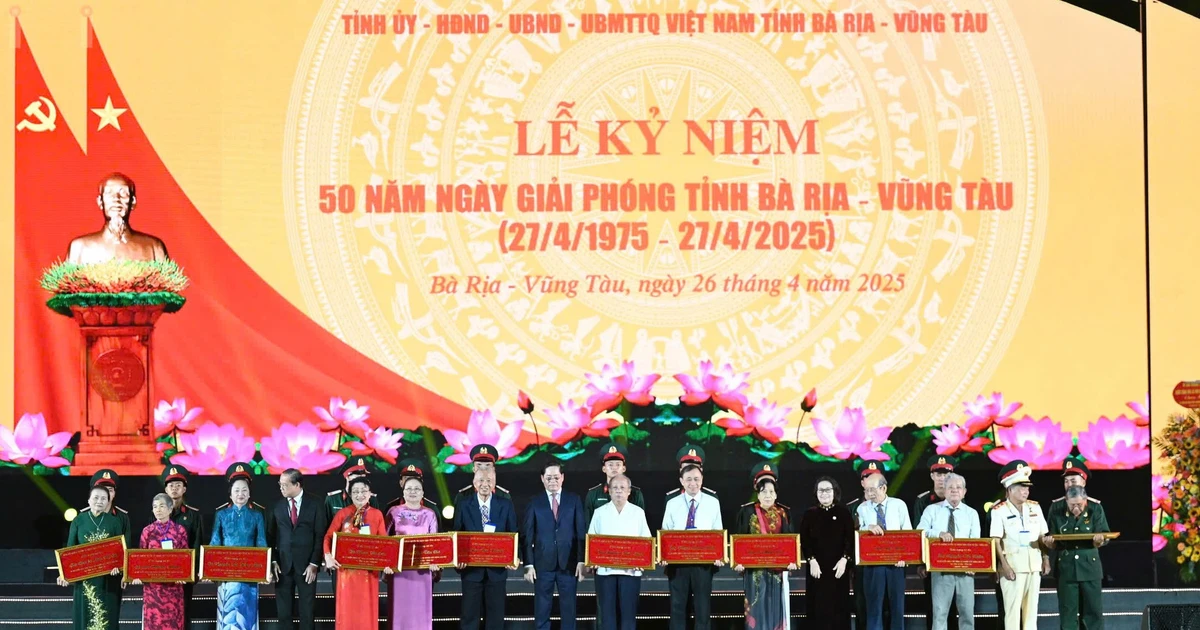
![[Video] Young people line up to see historical exhibition at Nhan Dan Newspaper](https://vstatic.vietnam.vn/vietnam/resource/IMAGE/2025/4/27/5022dd91af334c6ea2aa3b13efb6361d)

![[Photo] Fireworks light up Saigon River to celebrate 50 years of national reunification](https://vstatic.vietnam.vn/vietnam/resource/IMAGE/2025/4/26/e574836e53744826953d42fc7f000f0a)




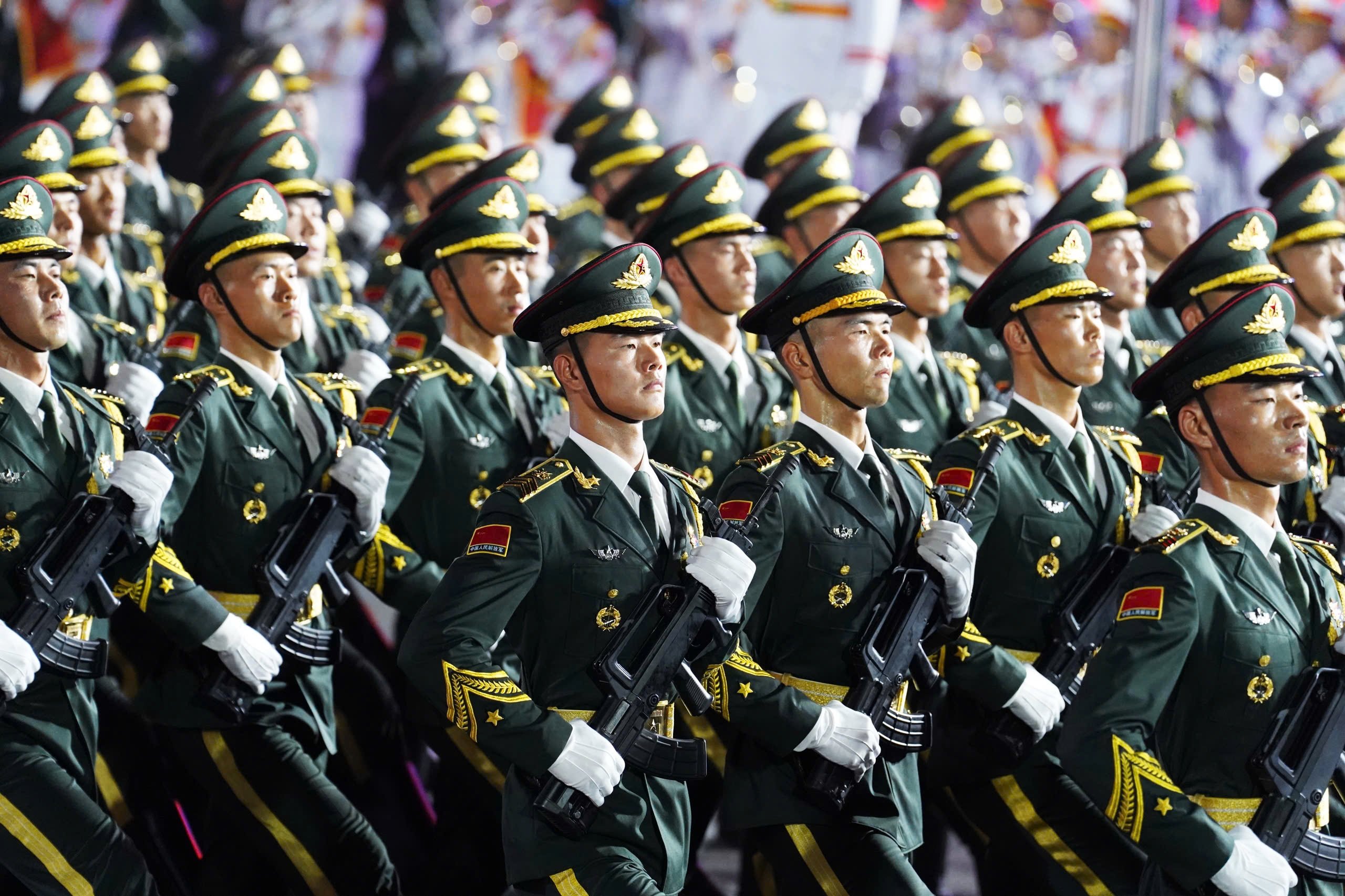

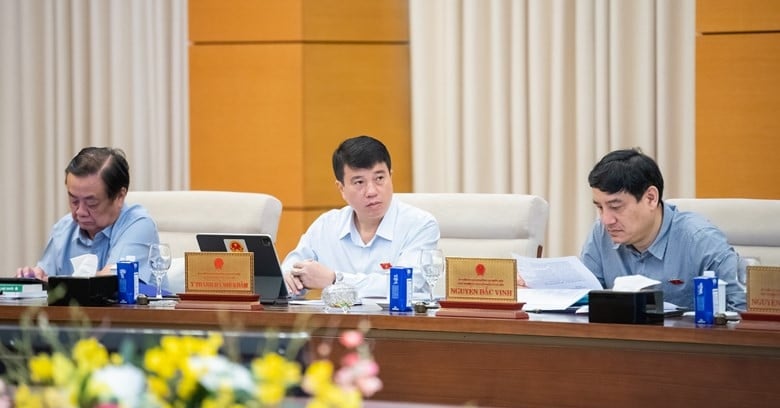

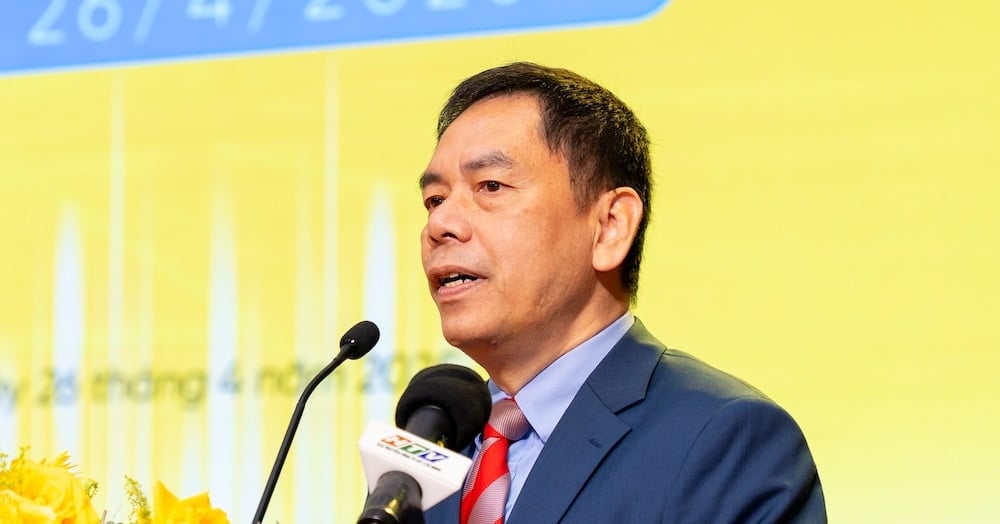


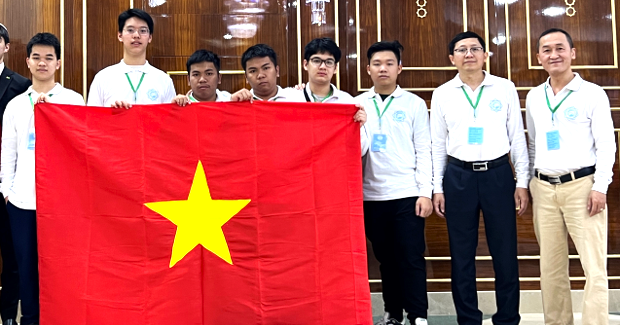




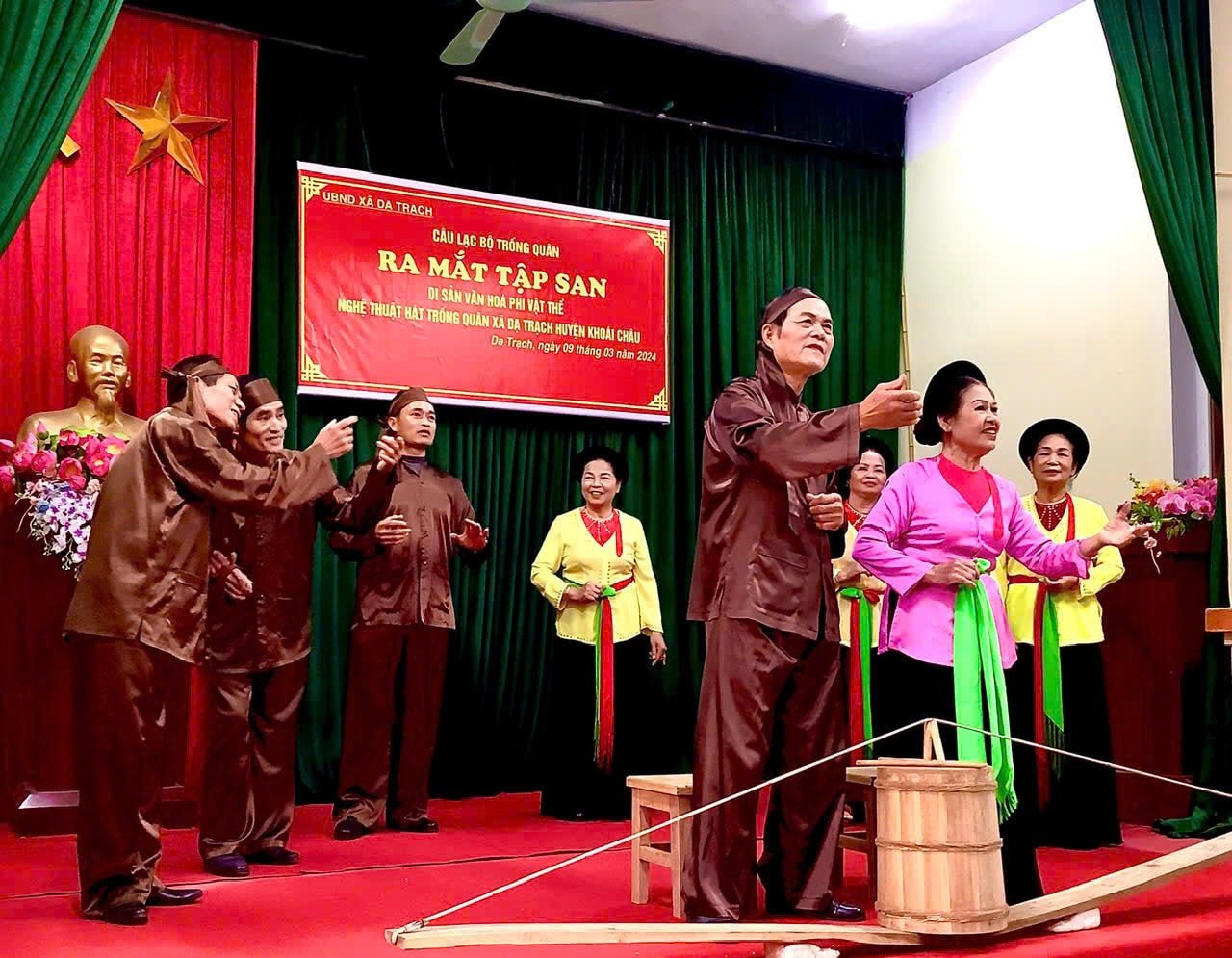

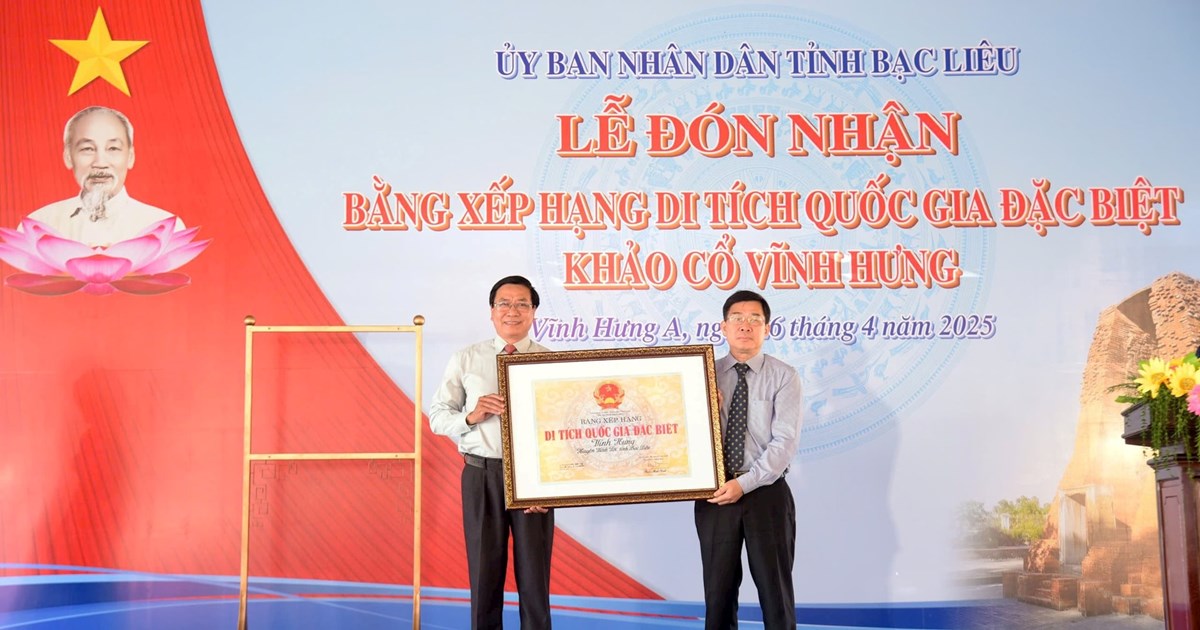


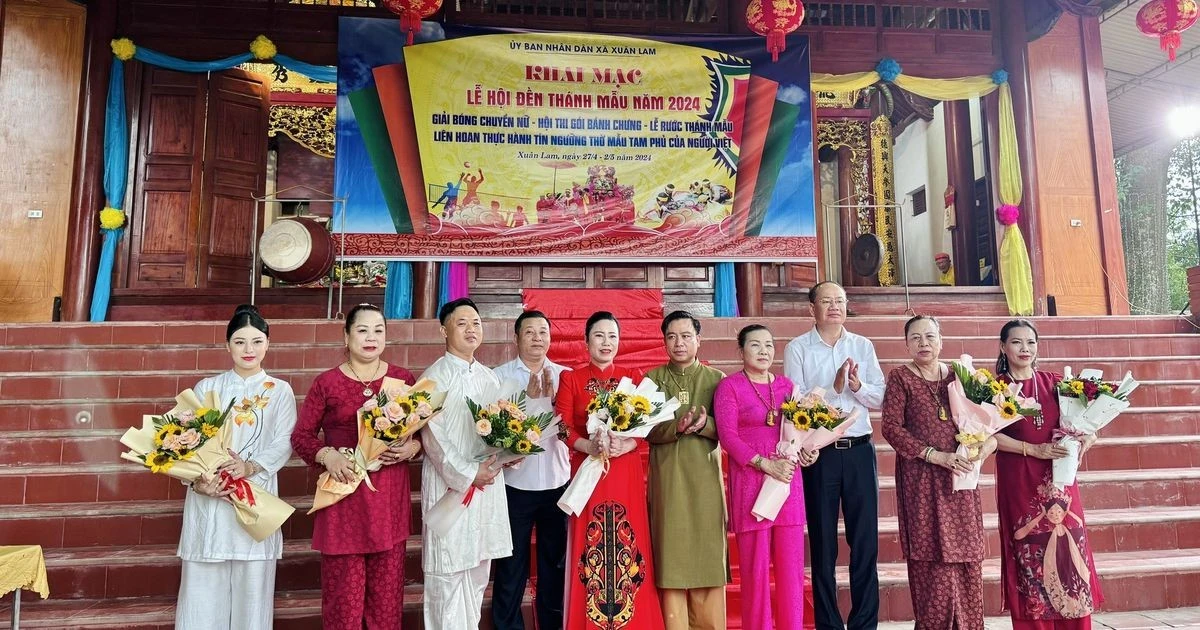
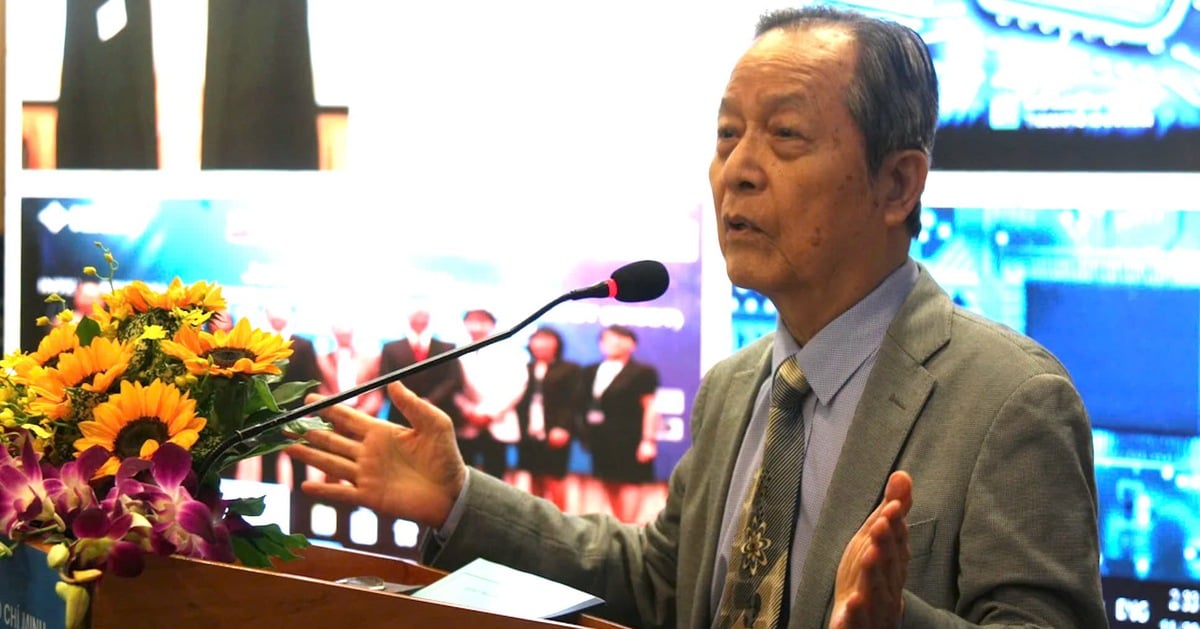

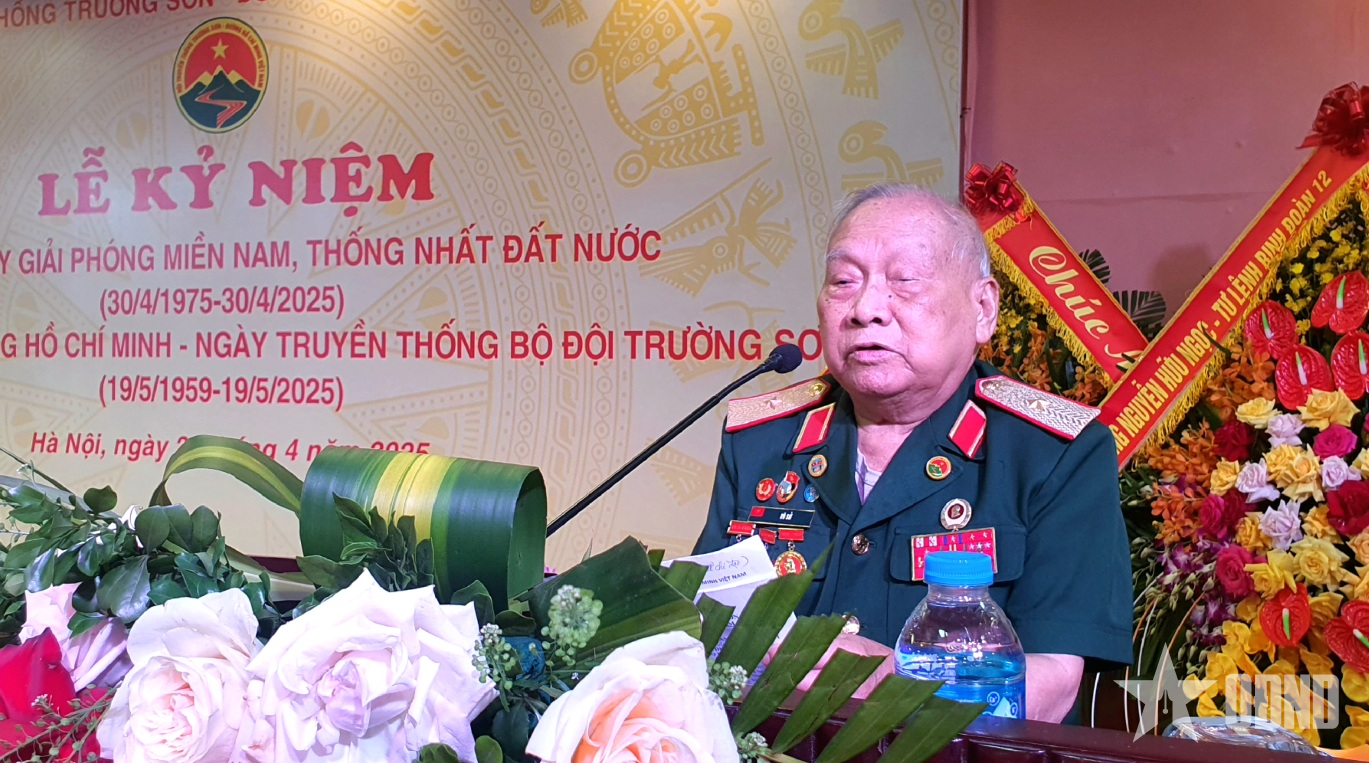








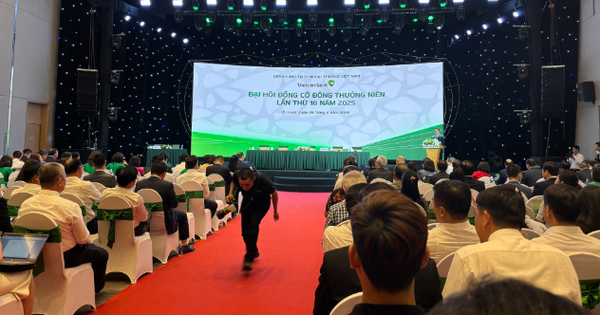


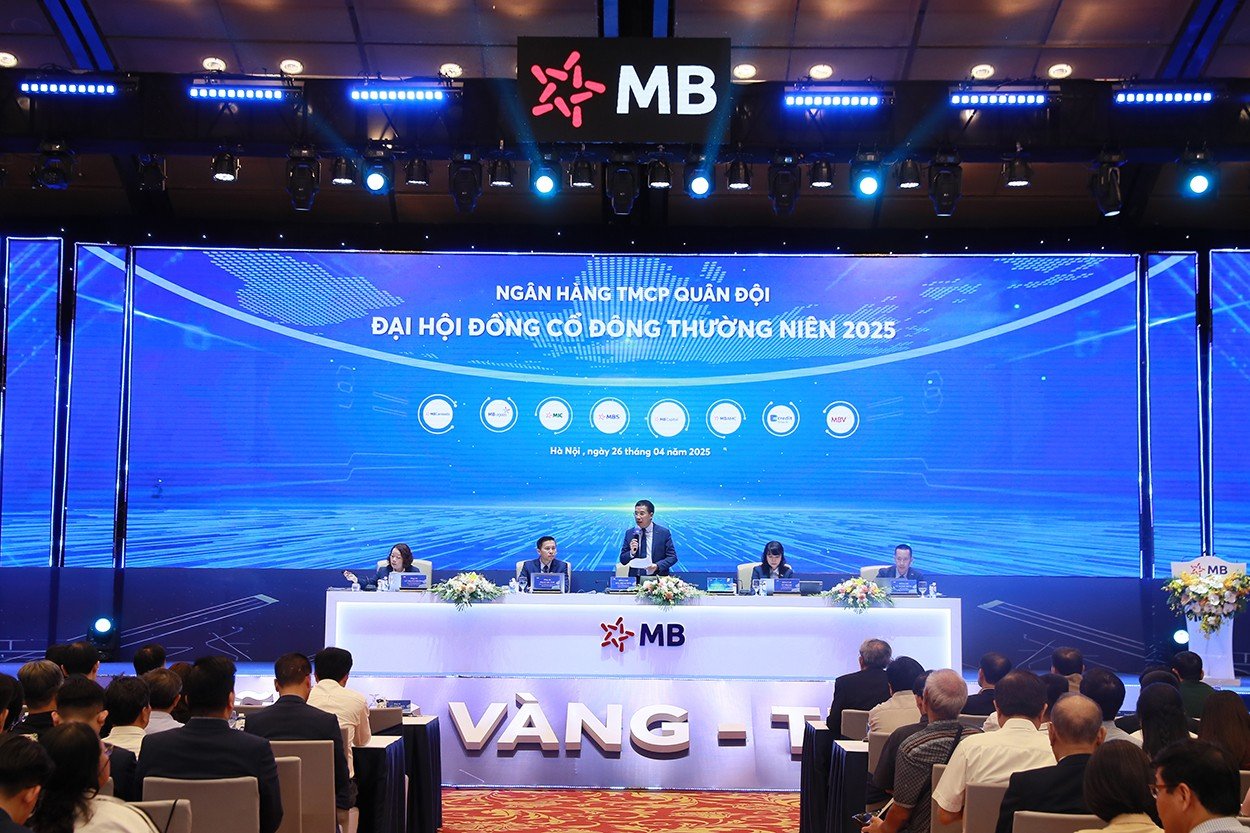


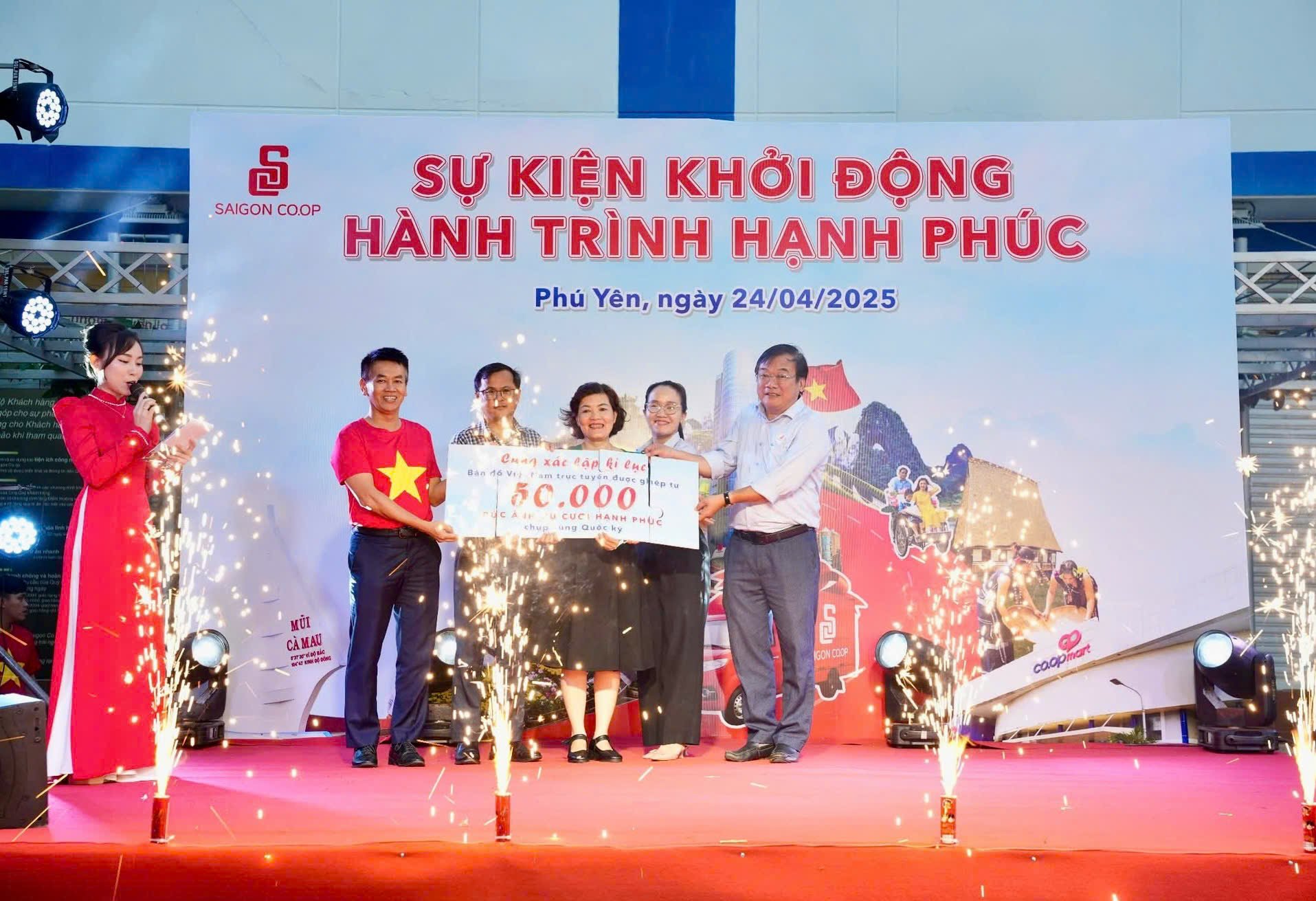





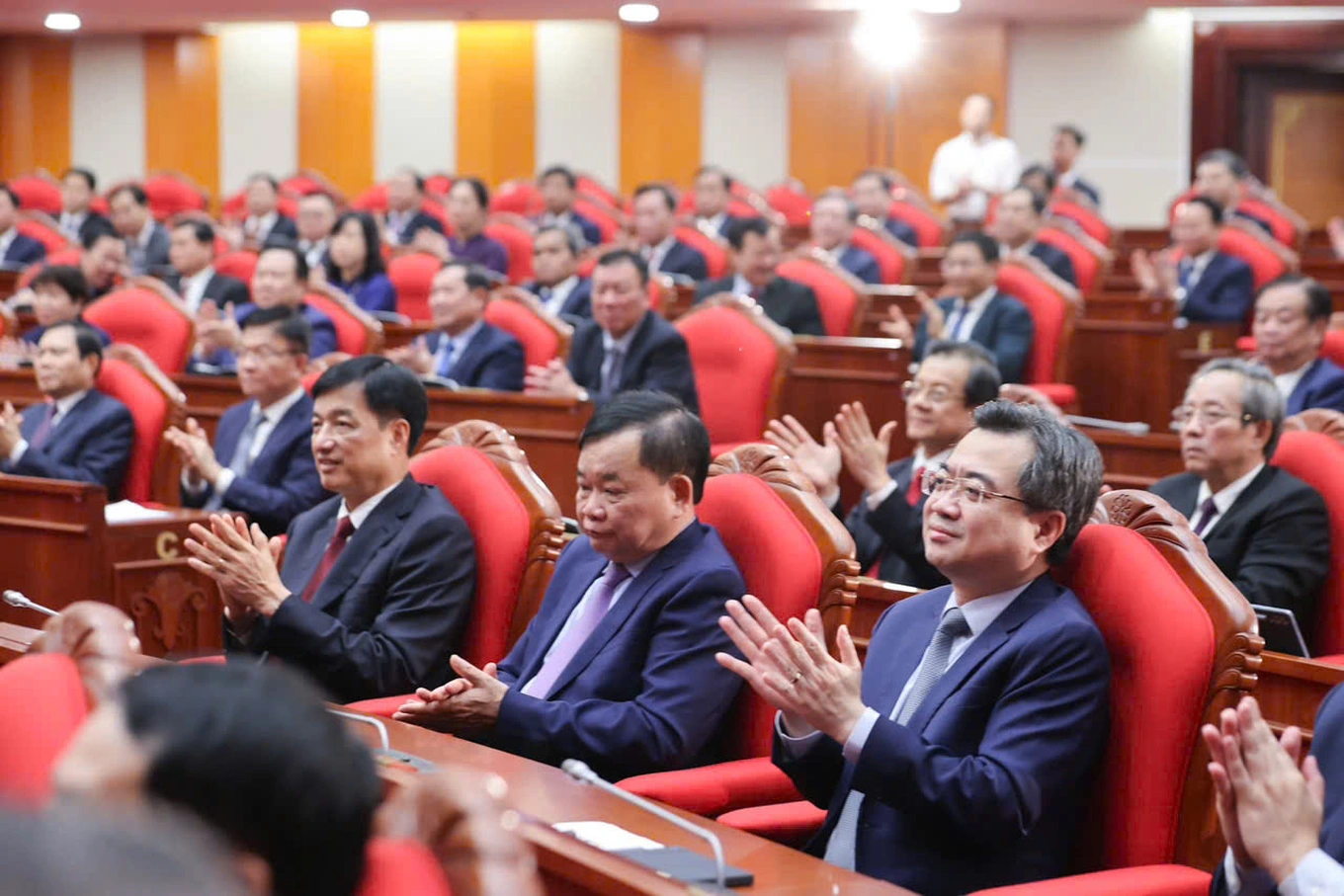
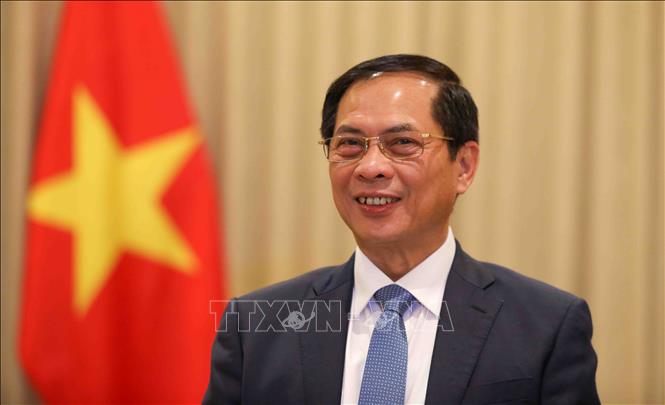


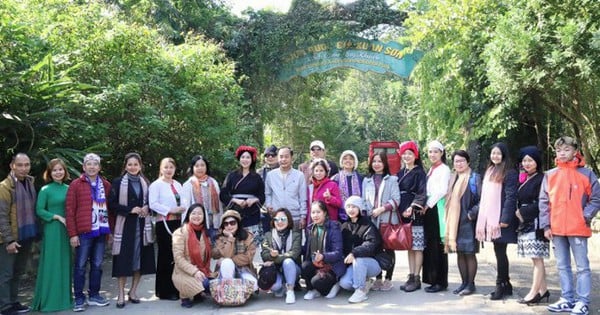



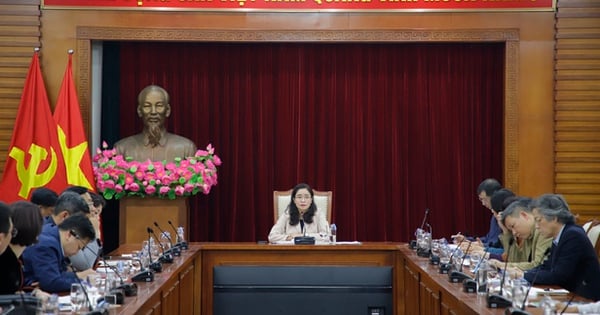


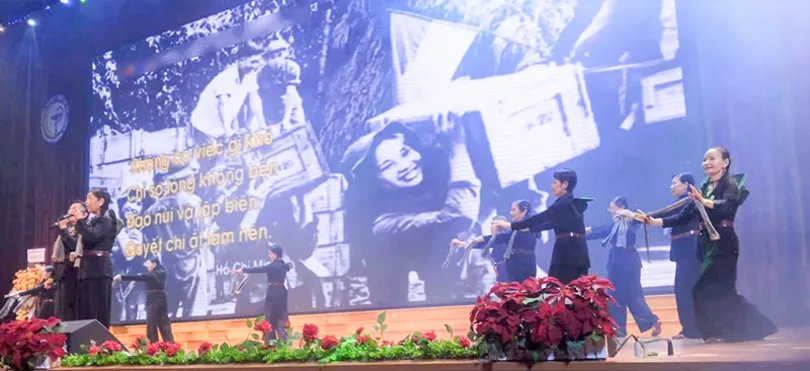

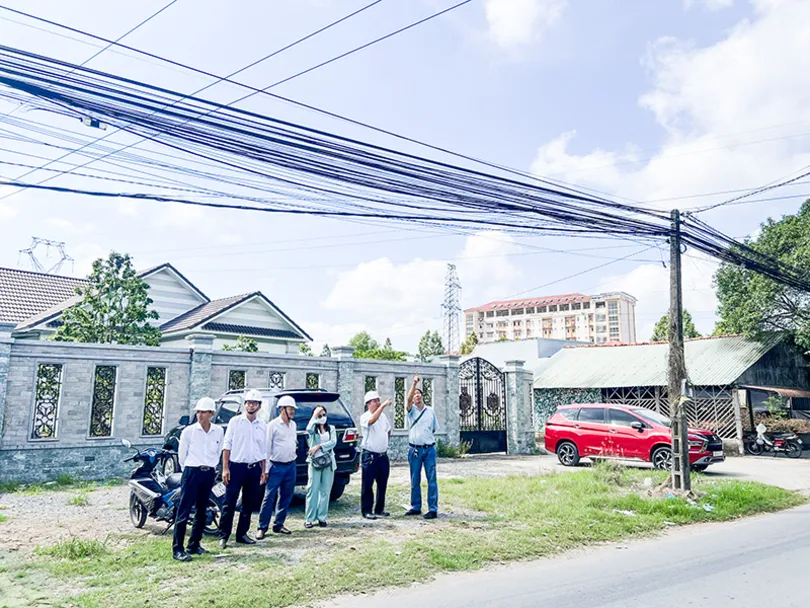
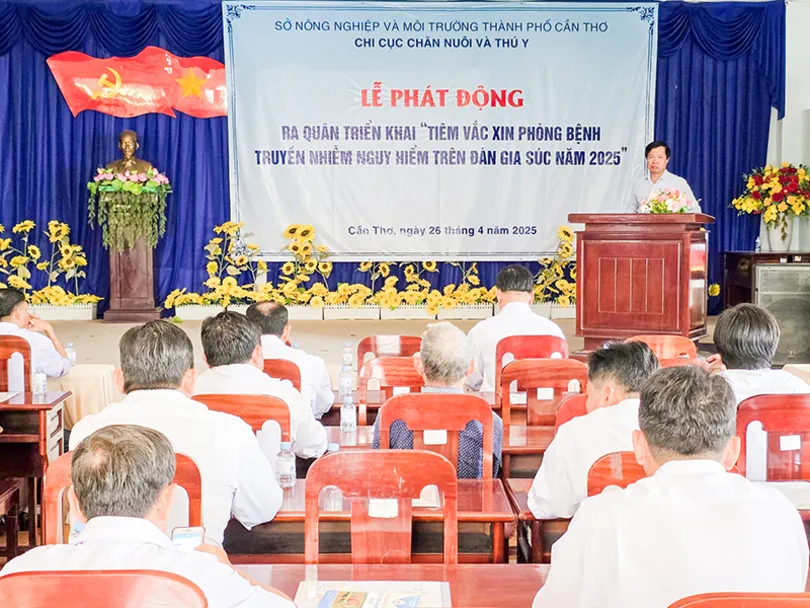
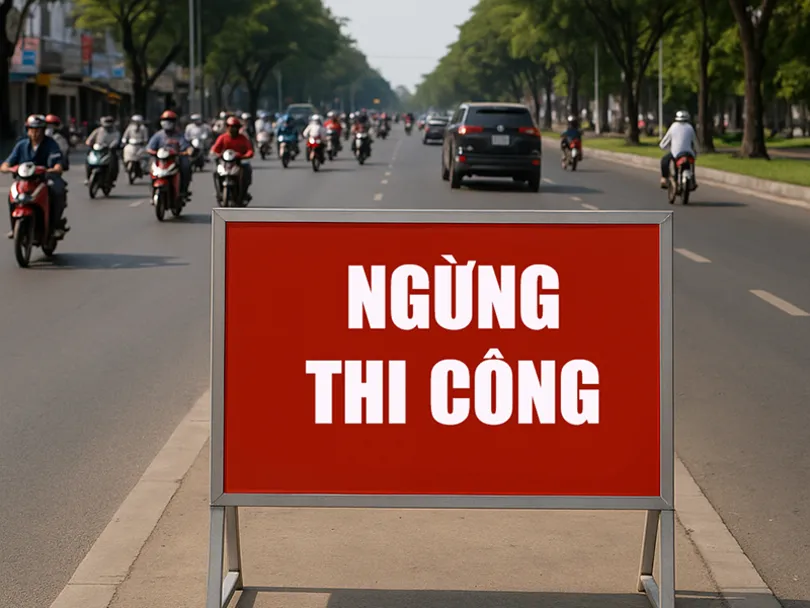


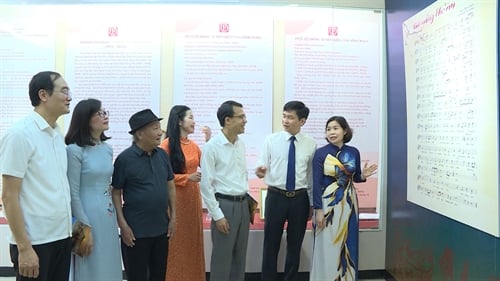



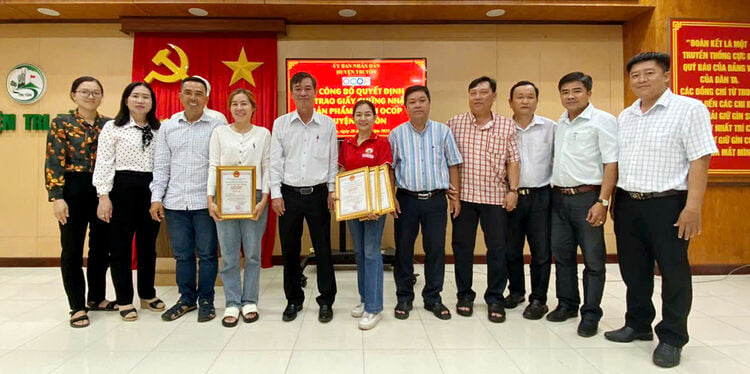

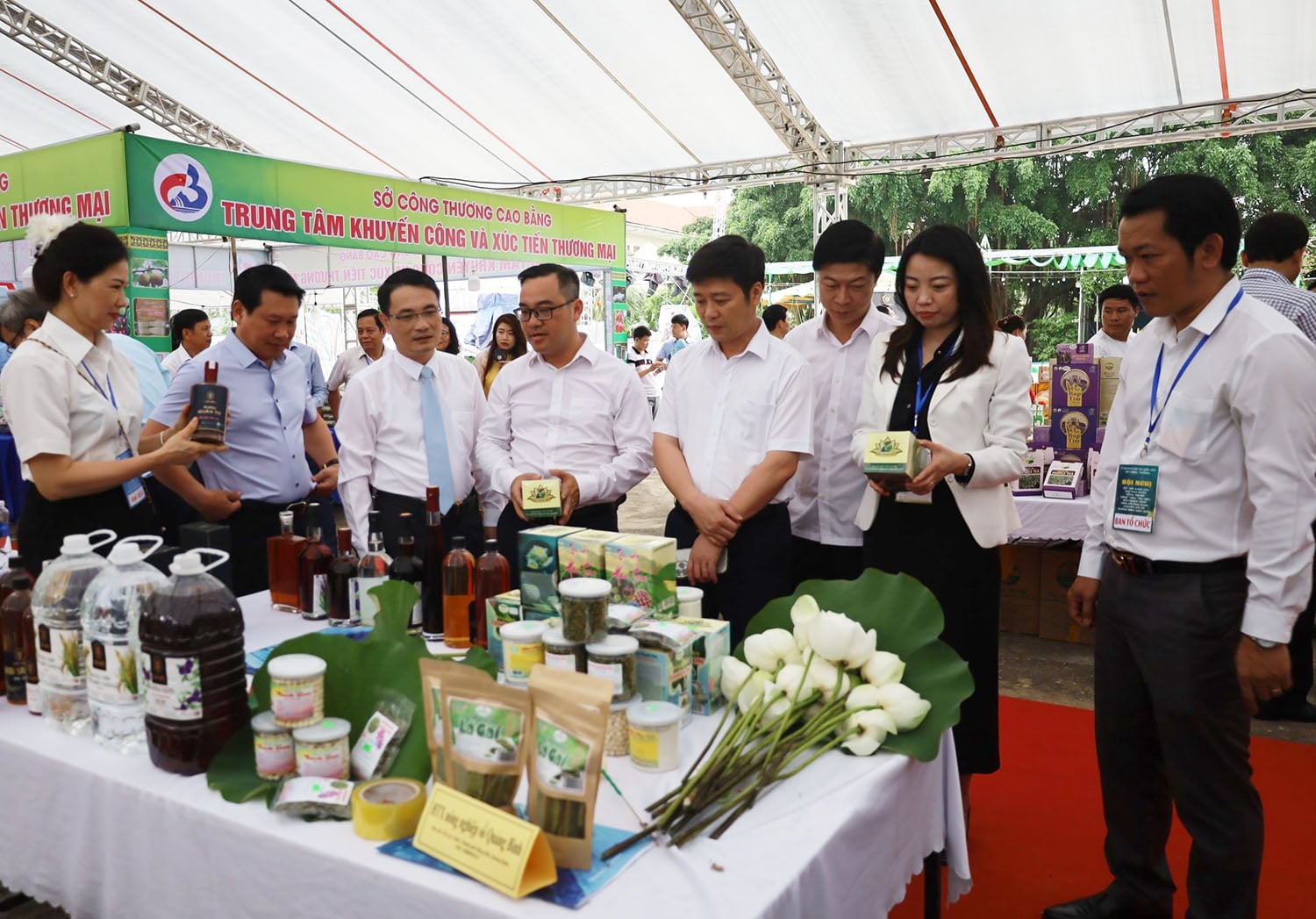

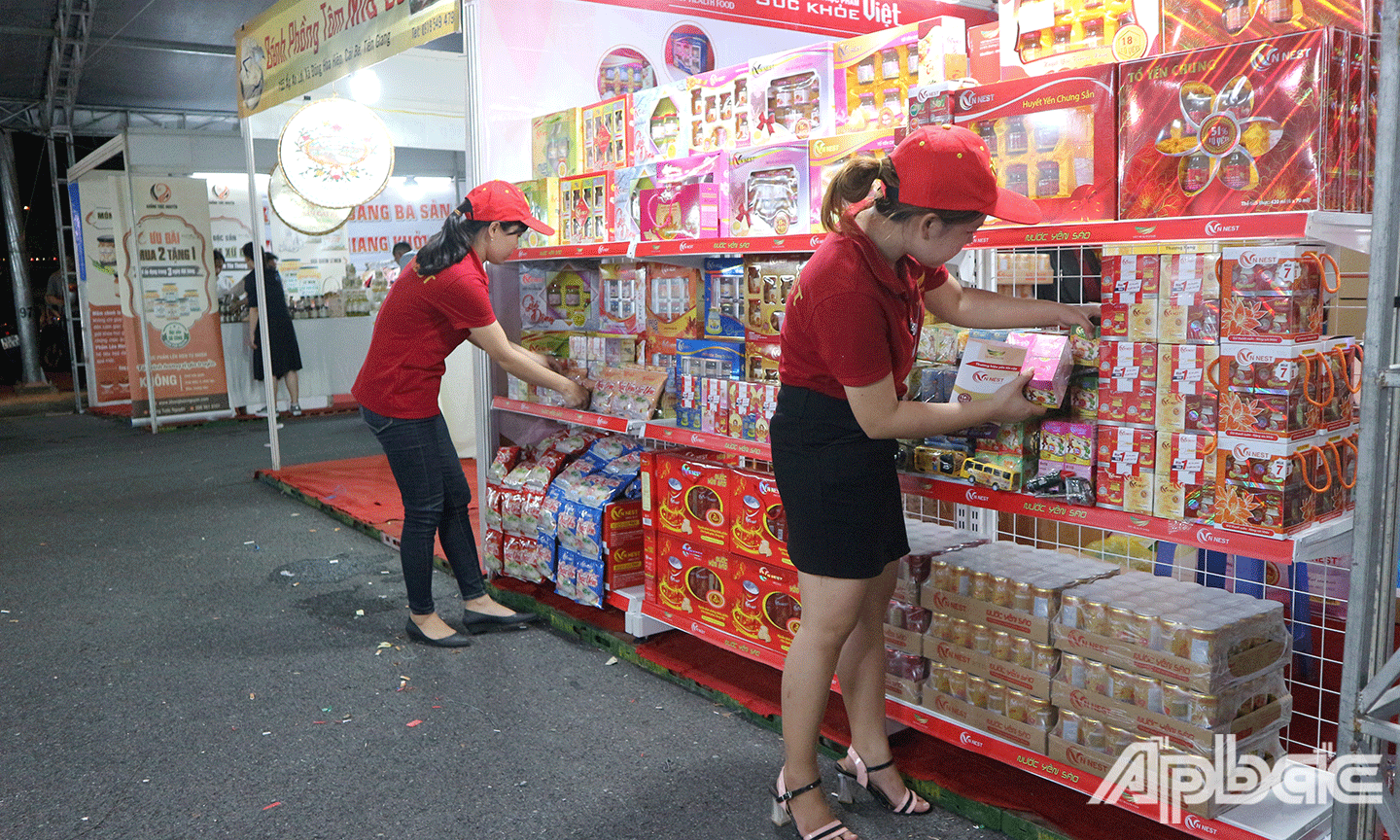

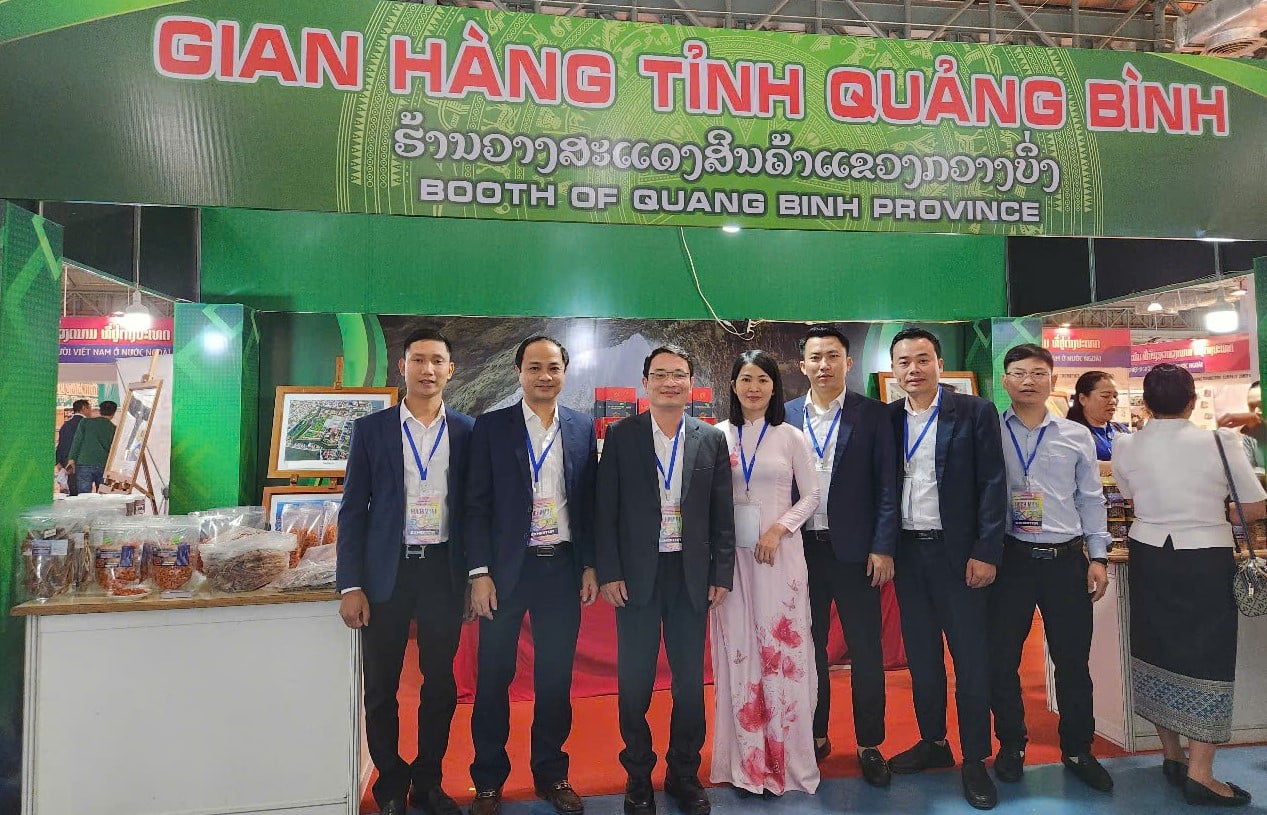
Comment (0)